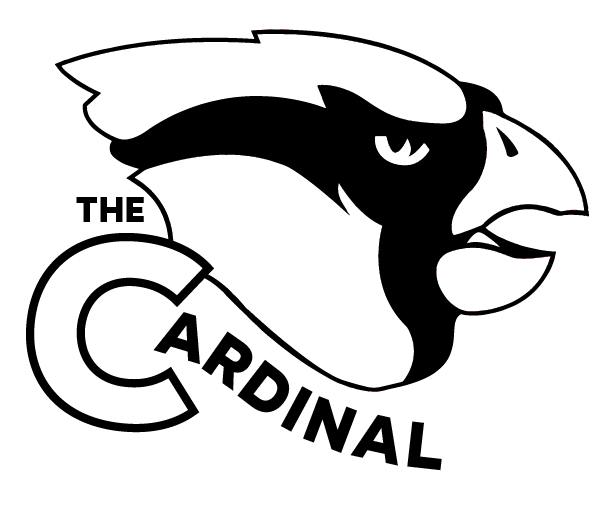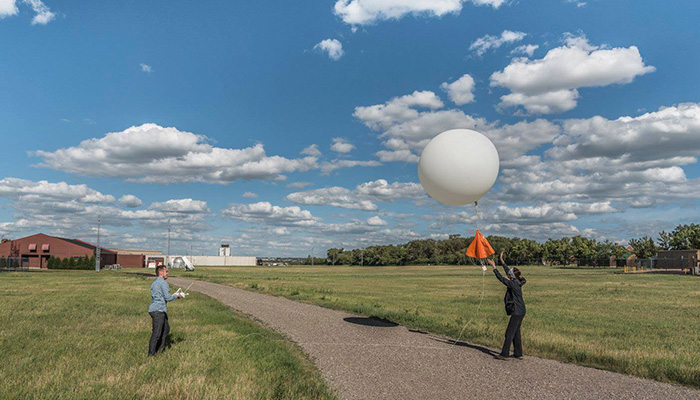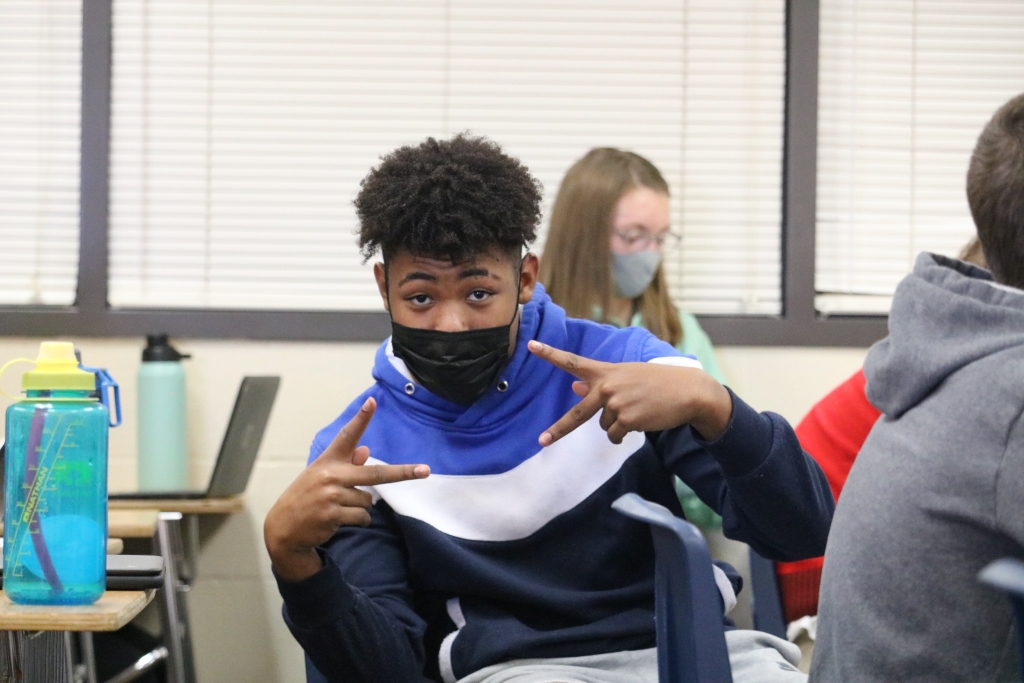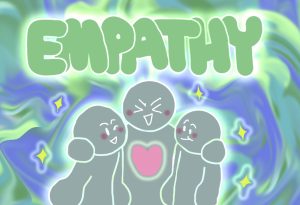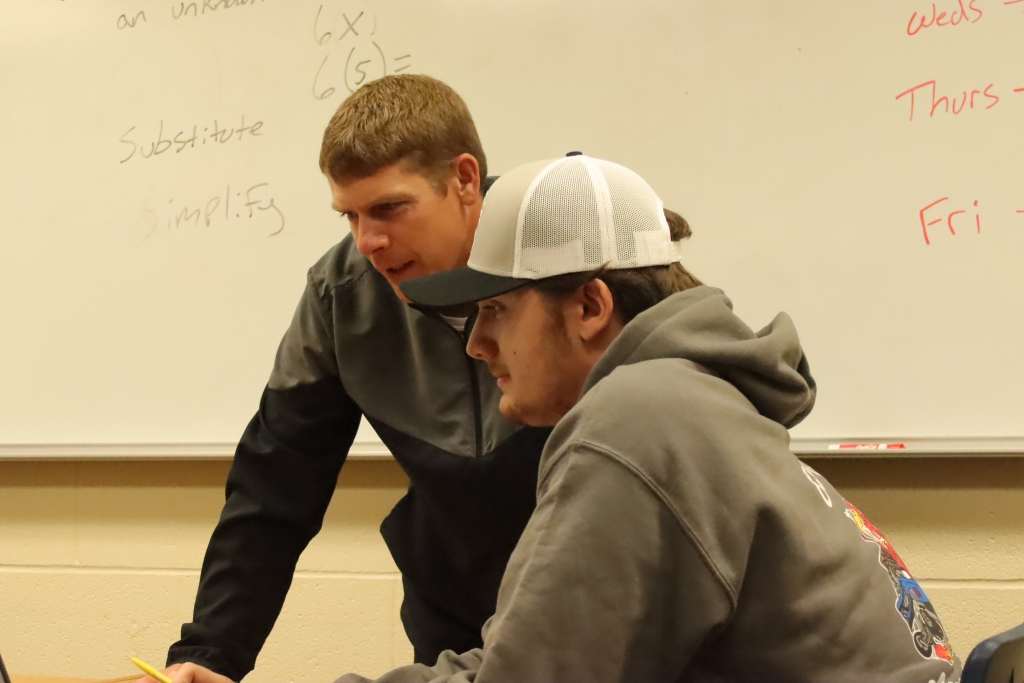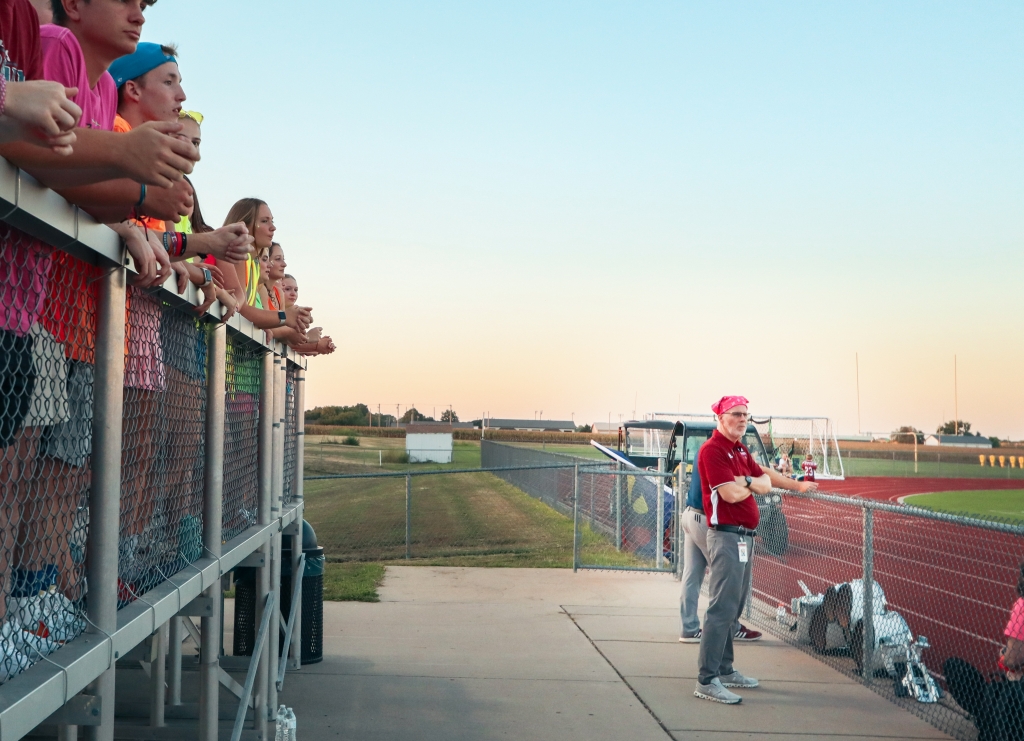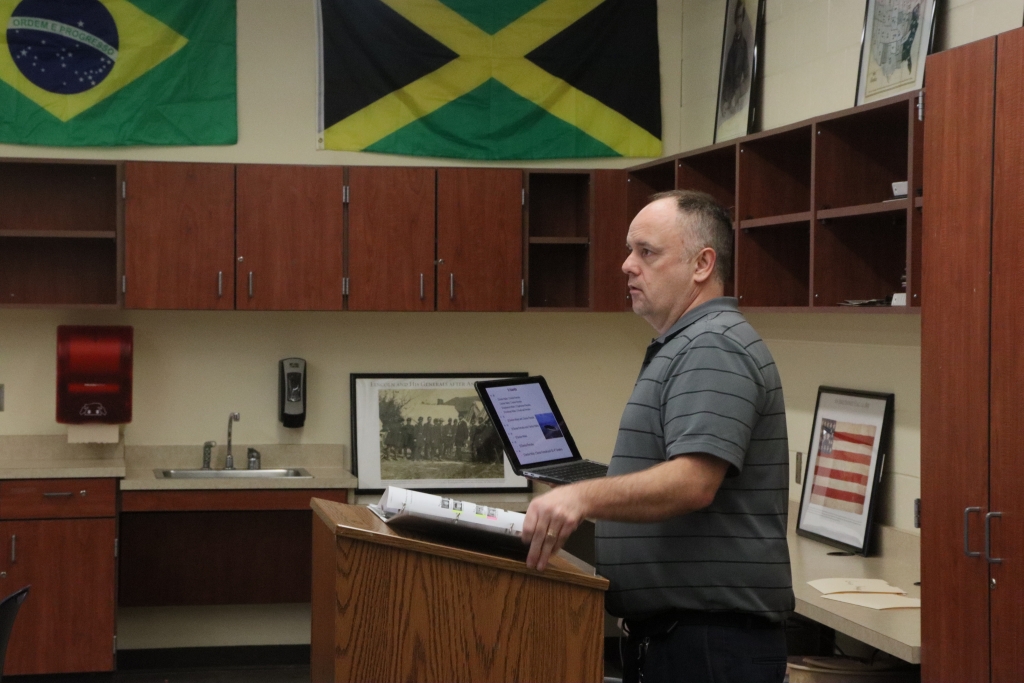Sexual Assault and Consent Laws
Story by Phillip Pyle »
After recent events concerning race relations and prejudice, such as the Charlottesville protests, there has been an ongoing discussion about the state of social justice in America.
Extreme political factions, like the Alt-Right, argue that their race is the ultimate race and oppose accepting diversity. In fact, according to the New York Times, the movement’s goal is to promote the furthering of the white race.
While this group had major influence in Charlottesville, there are a wide variety of different groups, such as the Alt-Left, Black Lives Matter, Westboro Baptist Church and even the KKK, that all have strongly affected the political and social landscape of America.
With the shift of social relations in the country comes a change on a smaller scale. Today, there are four forms of prejudice that cause the majority of political debate: homophobia, sexism, racism and transphobia. In Eudora, some students can see the lingering effects of these concepts.
“There definitely are some students that are homophobic in our school, there’s no doubt about that,” said Senior Nicole Whitten. “No one directly comes out and says it, but you can tell who it is. Friends of mine have told me that they’ve been called ‘faggots’ or been insulted over how they are identified at school.”
Sexism is another issue of discussion that is common at EHS. Whitten believes that Eudora, as a whole, isn’t misogynistic.
“To be honest, I personally don’t experience any sexism at school,” said Whitten. “That’s not to say that sexism doesn’t exists in other places. There’s always the wage gap, there’s always rape culture, it’s in the workplace, it’s definitely still a huge issue and one I would really like to see being addressed, I just don’t see it at Eudora.
Not everyone sees it this way. Sophomore Celeste Etter believes blatant misogyny exists at EHS.
“The way women are treated in Eudora is no different than the way that the women in America are treated. We get called the names, such as ‘slut’ and ‘hoe’ if we have any relation with a guy,” Etter said, “But you won’t hear the guys getting called that.”
Desha Middleton, Jr., thinks that homophobia, sexism, racism and transphobia aren’t much of a problem in Eudora.
“I think there is more judgment on belief systems and how people carry themselves,” said Middleton.
Others believe that issues do exist in Eudora, but that the blame shouldn’t necessarily be placed on individuals.
Senior Creighton Platt attributes racism at Eudora to the lack of diversity.
“I don’t think that there is a racist culture, but I think people in the school aren’t around a lot of people of color, so they don’t know when they are being racist,” said Platt.
Celeste Etter commonly hears racist comments in the hallways of school. Whether they are intentional with their comments or not, Etter believes that racism at Eudora is due to the lack of proper education regarding African-American history.
“There are too many people in this school that think it’s okay to say the ‘N word’, with them not having a trace of black in their blood. They will go as far as ‘hard r-ing it.’ I don’t think that they understand the disrespect behind it,” said Etter. “They haven’t been educated enough to understand that there is a history behind that word that makes it extremely racist, even if they’re not trying to be racist.”
In a similar fashion, Whitten has heard multiple racist comments at school:
“I think that there is some racism in our school,” Whitten said. “Like when people make jumping the border comments or they talk about building a wall, I know that those things are offensive to people.”
As of more recently, the discussion of transgenders’ rights are of utmost importance in political debates. Organizations, such as Target, have taken a stand for the transgender community and supported gender-neutral bathrooms. But, how do these discussions affect students?
Creighton Platt has seen, first-hand, deliberate transphobia within the EHS student body. He first heard transphobic remarks last year when a transgender student was rumored to be transferring to the school.
“Some students said that if they came that they would beat them up everyday and if they wore a wig they would take it off of them,” Platt said.
Whitten had a similar view on the situation.
“They wouldn’t feel comfortable. So many people would stare and I having a feeling they would walk through school with a constant whisper behind their back, people would always be talking about them in a way that wasn’t nice,” Whitten explained. “However, at the same time they would have a strong number of kids standing up for them. They would have friends that would accept them as they are and that would stop the rumors when they could.”
There are many different opinions on prejudice and its existence at EHS. But, one common belief is that prejudice is taught.
“I think people need to grow up more open minded, be raised differently, and I feel like an open minded raised person is going to solve these problems and newer generations will fix these problems,” said Desha Middleton. “I think for now we just need to be accepting toward everyone.”
